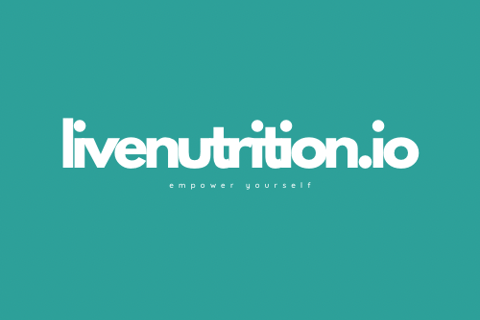The Risks of Vitamin and Mineral Supplements
In today’s health-conscious world, many people turn to vitamin and mineral supplements to improve their well-being. While these products can be beneficial in cases of deficiencies, they also carry risks that are often overlooked
2/11/20253 min leer


One of the biggest dangers of supplements is the risk of overconsumption. Unlike vitamins and minerals obtained through food, which are naturally balanced and accompanied by other beneficial nutrients, supplements provide concentrated doses that can easily exceed recommended daily limits.
For example, excessive vitamin A intake can cause headaches, dizziness, liver damage, and even birth defects if consumed during pregnancy. Fat-soluble vitamins such as A, D, E, and K are particularly concerning because they accumulate in the body rather than being excreted through urine like water-soluble vitamins (e.g., vitamin C and B vitamins). Hypervitaminosis D, for instance, can lead to dangerously high calcium levels in the blood, resulting in kidney damage and cardiovascular issues.
Minerals also pose risks when taken in excess. High doses of iron can cause nausea, vomiting, and organ failure, particularly in children who accidentally ingest adult supplements. Too much calcium can contribute to kidney stones and interfere with the absorption of other essential minerals like magnesium and zinc.
Interactions with Medications
Many people fail to consider how supplements interact with prescription and over-the-counter medications. Certain vitamins and minerals can amplify or diminish the effects of drugs, leading to unintended side effects or reduced efficacy.
For example, vitamin K plays a role in blood clotting and can interfere with anticoagulant medications like warfarin, potentially increasing the risk of blood clots. Similarly, high doses of vitamin E may increase the risk of bleeding, especially when taken with blood thinners.
Minerals such as calcium, magnesium, and iron can interfere with the absorption of antibiotics and thyroid medications. Soldiers or individuals taking multiple medications should consult a healthcare provider before adding supplements to their routine to prevent harmful interactions.
Unregulated Market and Contamination
The supplement industry is not as tightly regulated as pharmaceuticals. In the United States, the FDA does not require supplements to undergo rigorous testing for safety and efficacy before they hit the market. This lack of oversight means that some products may contain inaccurate ingredient labels, excessive dosages, or harmful contaminants such as heavy metals, pesticides, and even prescription drugs.
A 2018 study found that nearly 800 dietary supplements contained unapproved pharmaceutical ingredients, posing serious health risks. In military settings, contaminated supplements can also lead to positive drug tests, jeopardizing a soldier’s career. The Department of Defense (DoD) urges service members to use only third-party-tested supplements from reputable organizations such as NSF International or the U.S. Pharmacopeia (USP).
False Sense of Security and Poor Dietary Choices
Another major concern with supplements is that they can create a false sense of security, leading individuals to neglect a balanced diet. Whole foods provide a wide range of nutrients, fiber, and phytochemicals that work synergistically to promote health—benefits that cannot be replicated by isolated supplements.
For instance, while vitamin C supplements may help boost immune function, whole foods like oranges and bell peppers provide additional antioxidants and fiber that contribute to overall well-being. Relying on supplements instead of a nutrient-rich diet can lead to poor dietary habits and increased reliance on processed foods.


Conclusion
While vitamin and mineral supplements can be useful in certain situations, such as treating diagnosed deficiencies or supporting specific medical conditions, they also pose significant risks when misused. Overconsumption, medication interactions, lack of regulation, and the potential for a false sense of security make it crucial to approach supplementation with caution.
For military personnel, maintaining peak physical and cognitive performance is essential, and this starts with a well-balanced diet rather than excessive reliance on supplements. Consulting a healthcare provider before taking any supplement ensures that the benefits outweigh the risks. When it comes to nutrition, real food should always be the first choice.
Empowering you to control your food choices.
© 2025. LiveNutrition. All rights reserved.

